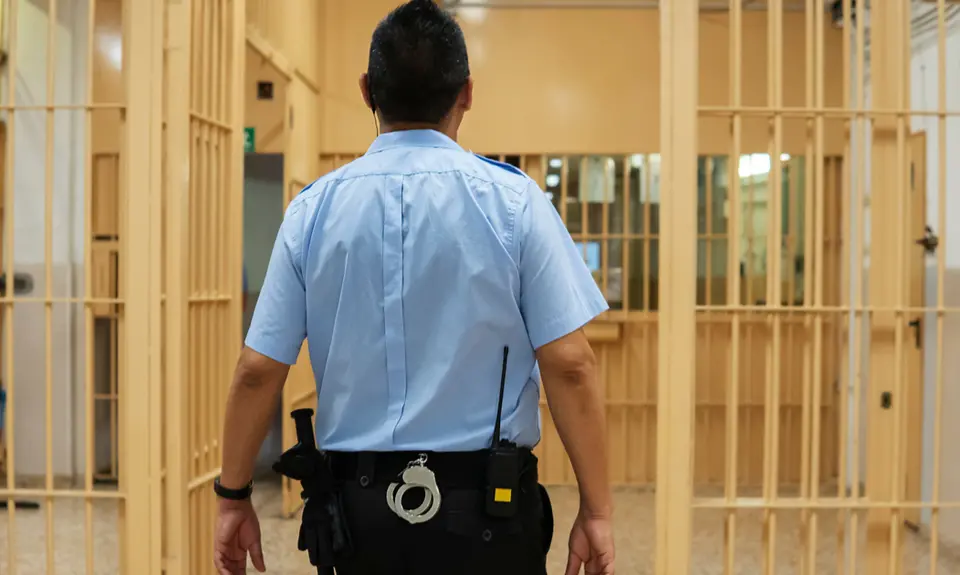“Confirmed Judges, Confirmed Fears” is a blog series documenting the harmful impact of President Trump’s judges on Americans’ rights and liberties. Cases in the series can be found by issue and by judge at this link.
Trump judges Robert Luck and Elizabeth Branch comprised the majority in a December 2-1 panel decision allowing the Georgia prison system to continue a policy that impedes religious exercise by Muslim men who are incarcerated. The case is Smith v. Owens, 2019 U.S. App. LEXIS 38623.
The Georgia Department of Corrections (GDOC) prohibits men in prison from growing beards longer than half an inch in length. Citing security concerns, the state does not make any exceptions based on religion. Lester Smith, a Muslim whose religious beliefs direct him not to shave, alleged that this violated his religious free exercise rights under the Religious Land Use and Institutionalized Persons Act (RLUIPA). RLUIPA requires prisons that accept federal funds to give greater religious liberty protections to inmates than is required by the First Amendment’s Free Exercise Clause. Similar to the Religious Freedom Restoration Act, RLUIPA is triggered when the government imposes a “substantial burden on the religious exercise” of a person confined to an institution. When that happens, the action can be upheld only if the government can demonstrate that the burden: “(1) is in furtherance of a compelling governmental interest; and (2) is the least restrictive means of furthering that compelling governmental interest.”
A district court ruled in Smith’s favor in August 2019 and also directed GDOC to let inmates qualifying for a religious exemption grow beards of up to three inches in length. Georgia appealed, asking the Eleventh Circuit to stay both the district court’s ruling in favor of Smith individually and its directive for GDOC to modify its grooming policy.
All three judges on the panel agreed to deny GDOC’s first request, specifically affecting Smith. But Judges Luck and Branch also stayed the statewide policy directive. In dissent, Judge Robin Rosenbaum wrote that GDOC had not made a strong showing necessary for a stay. For instance, she wrote that the state had not sufficiently explained why a three-inch length of beard is more dangerous than three inches of hair on an inmate's head, which GDOC allows. She also noted that federal prisons allow untrimmed beards.
